Curcumin is the active substance found in the typical Indian cuisine spice, known as turmeric.
Turmeric is a staple in the creation of the curry spice, which consists of several different spices, which are combined in certain proportions.
In addition to being used as a spice in Indian dishes, turmeric has also been used for centuries for its healing properties due to its beneficial effects due to curcumin.
Curcumin is a phenol, which is a powerful antioxidant. This is the reason why turmeric is yellow. Curcumin is present in the largest amount in turmeric, but can also be found in other related plants.
Turmeric has been known for centuries as an herb used to treat wounds. Thanks to curcumin, wounds treated with turmeric heal faster.
Curcumin has a very powerful antioxidant effect, it protects against the effects of free radicals on the body and this way it protects from aging.

Curcumin can be used successfully in the treatment of colds because it helps a lot with coughs, sore throats and colds.
Curcumin has a calming effect on the stomach, so it is used for diarrhea, colic, as well as colitis and stomach pains. Curcumin is also useful for gastritis and heartburn.
Curcumin acts very quickly on stinging insect bites. It is also very useful for various types of allergies, which are characterized by a skin rash.
Curcumin can have a positive effect on conditions such as psoriasis and anorexia. It is very useful for arthritis and various joint problems, as well as rheumatism. Curcumin is a good prophylactic against diabetes.
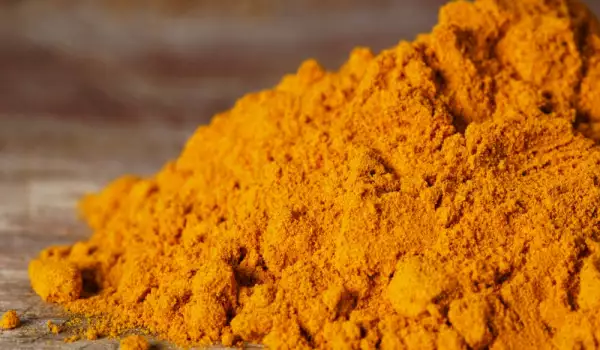
In addition, curcumin helps prevent cardiovascular disease and can reduce the risk of Alzheimer's disease.
However, turmeric should not be overused, because then curcumin can cause a number of side effects such as inflammation, stomach disorders and allergies.
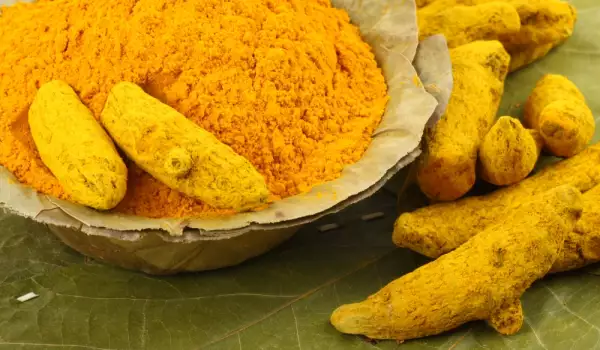
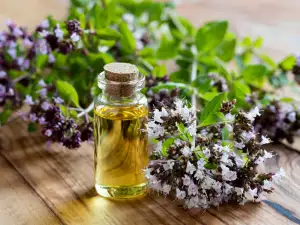




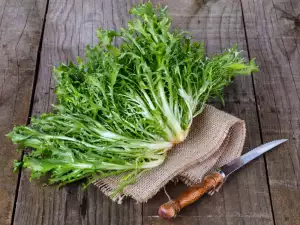
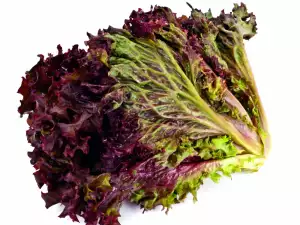
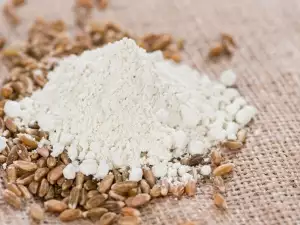



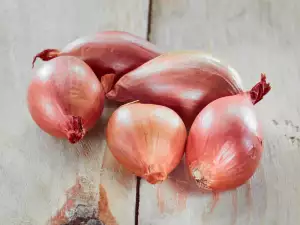

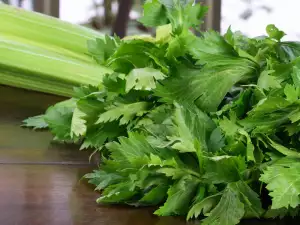





Comments